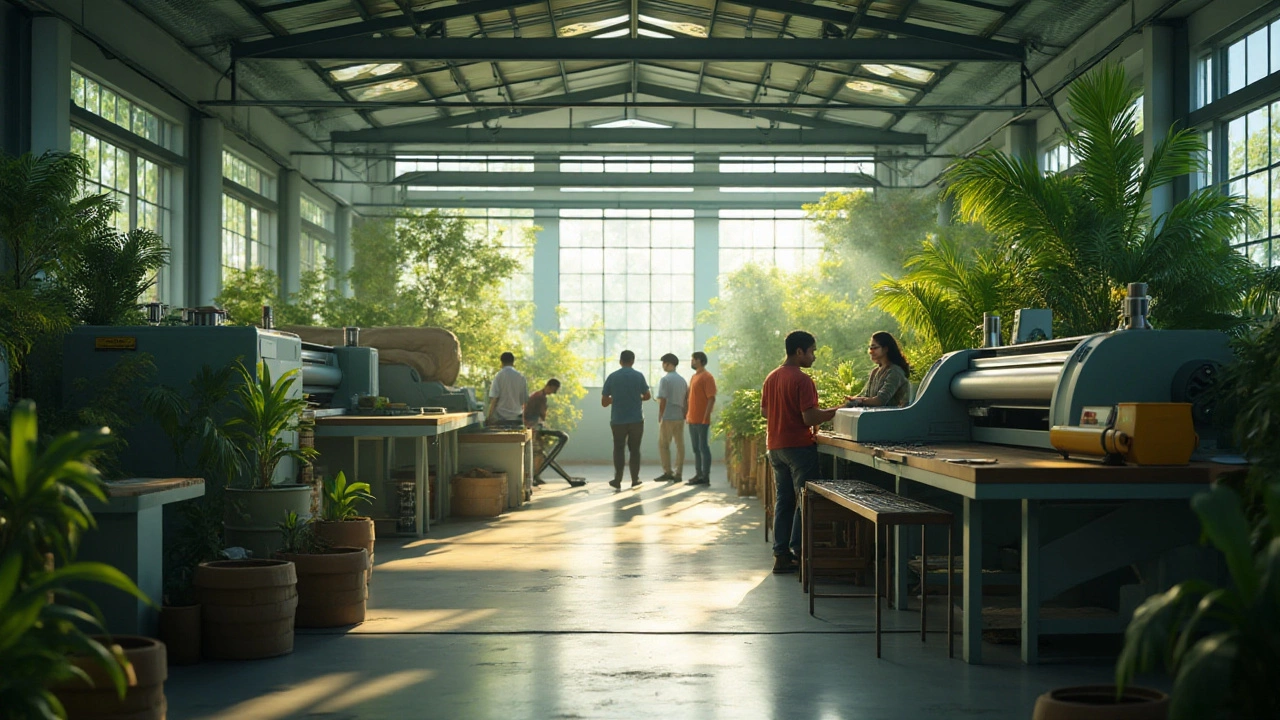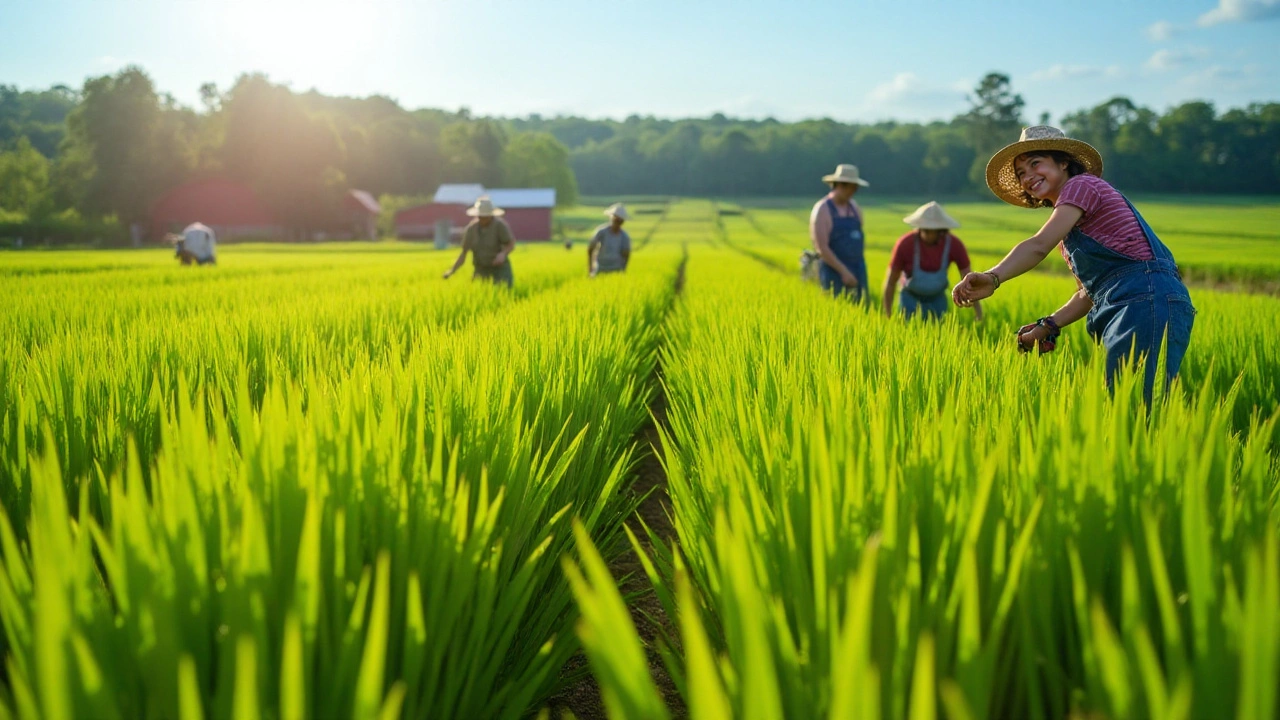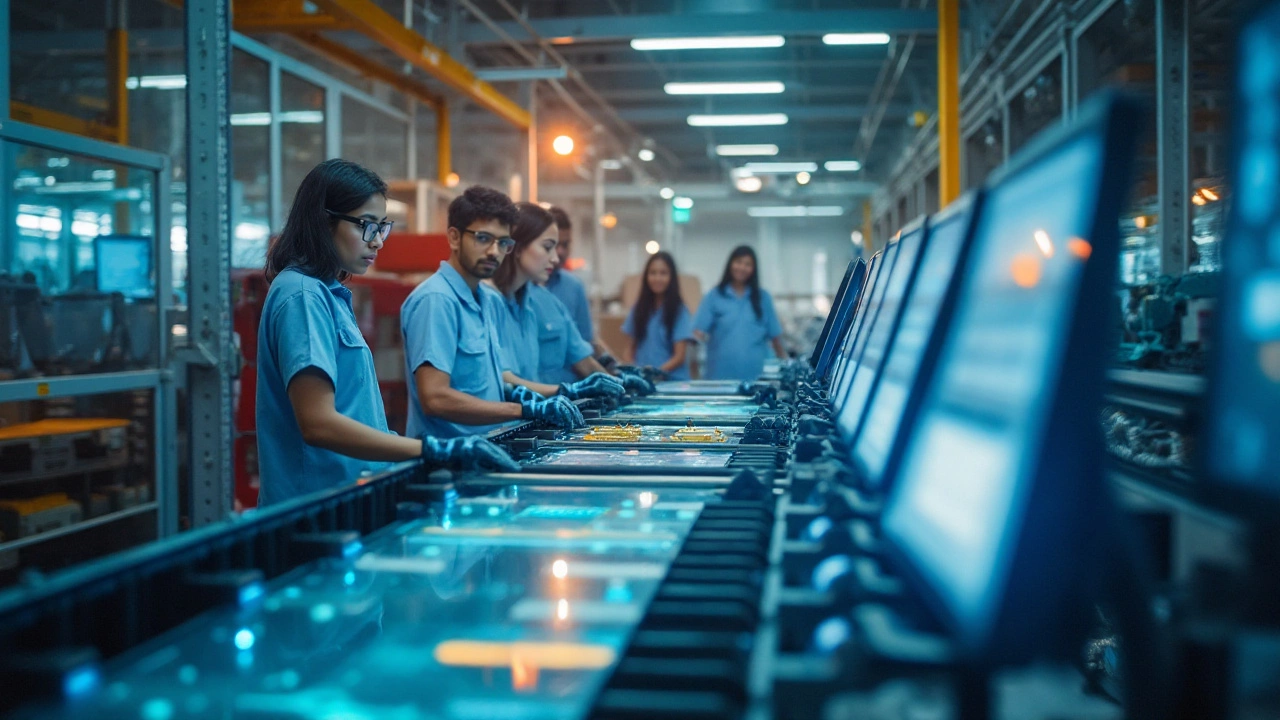Plastic: Trends, Recycling and Manufacturing in India
When talking about plastic, a synthetic polymer used in countless products from packaging to automotive parts. Also known as synthetic polymer, it shapes daily life, fuels industry growth, and sparks sustainability debates. Plastic isn’t just a material; it’s a global economic engine that ties together raw material markets, consumer habits, and environmental policies.
Why Plastic Matters Today
Understanding recycled plastic, post‑consumer material processed back into usable resin is key to grasping the sustainability side of the story. This recycled plastic feeds the resin, the basic building block that companies melt, mould, and extrude into finished goods. The relationship is simple: plastic production requires resin, and resin supply is driven by both virgin and recycled sources. At the same time, manufacturing manufacturing, the process of turning resin into finished products shapes demand for different resin types, such as rPET for bottles or rHDPE for pipes. These semantic triples—plastic encompasses resin, resin fuels manufacturing, and recycled plastic reduces carbon emissions—show how the ecosystem interlocks. When a plant switches to rPET, it cuts landfill waste, lowers greenhouse gases, and opens new market niches for eco‑focused brands.
The articles below dive deep into these connections. You'll find an analysis of the 2025 plastic demand winners, practical sourcing tips for recycled resins, and a look at how India’s manufacturing hubs are adapting to tighter environmental rules. Whether you’re a factory manager hunting cost‑effective feedstock, a sustainability officer tracking carbon footprints, or a curious reader wanting clear facts, the collection offers actionable insights and real‑world examples. Let’s explore how plastic, resin, recycling and manufacturing intersect in today’s Indian market and what that means for the future of sustainable production.
The Future of Plastic: When Will It Disappear?
The journey towards a plastic-free world is a complex mix of innovation, regulation, and cultural shifts. Plastic manufacturing companies are facing increased pressure to adapt to more sustainable practices. Despite the convenience of plastics, their environmental impact is pushing industries to explore alternative materials and improved recycling processes. Understanding the timeline for reducing plastic waste involves looking at advancements in biodegradable plastics and global policy changes. This article delves into when and how plastic manufacturing might shift to a more environmentally friendly model.
- manufacturing
- India
- food processing
- garden tips
- rice cultivation
- government schemes
- balcony garden
- urban gardening
- balcony gardening
- profitable business
- business ideas
- plastic manufacturing
- drip irrigation
- plant care
- steel manufacturing
- sustainable gardening
- startup ideas
- steel industry
- flower gardening
- textile manufacturers






